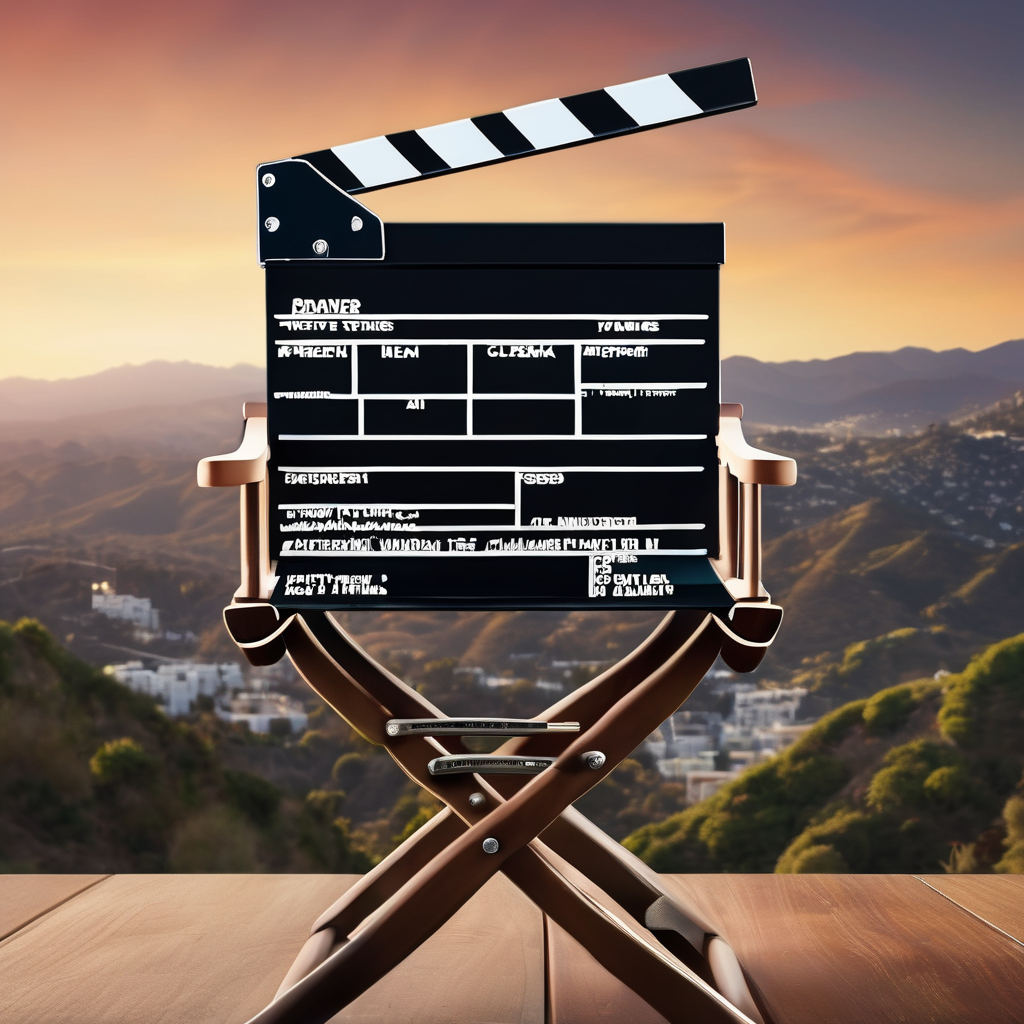The advent of AI technology in the entertainment industry has sparked intense debate, highlighted by the emergence of Tilly Norwood, an AI-generated “actress” created by Xicoia, a studio led by Eline Van Der Velden. As the studio engages with talent agents, the concept of an AI actor has generated significant backlash from established Hollywood actors and directors.
Mara Wilson, known for her roles in “Mrs. Doubtfire” and “Matilda,” criticized the venture, accusing the creators of identity theft by using composites of real women’s faces for Norwood’s design. Wilson’s disapproval resonates with many in the industry who feel that this represents a threat to human actors.
Director Reed Morano, recognized for her work on “The Handmaid’s Tale,” disparaged the concept, arguing that acting reflects genuine human experience—a quality an AI character lacks. Joe Carnahan, another director, bluntly expressed his wish for Norwood’s career to fail, aligning with sentiments of preserving human elements in storytelling.
Adding to the voices against AI actors, actor Abigail Breslin urged her peers to boycott the project, warning against the potential undermining of the acting craft and emphasizing concerns over gender representation being manipulated through AI.
Despite the criticism, Van Der Velden defended the character, asserting that Tilly Norwood represents a new artistic expression, akin to animation or CGI, rather than a replacement for human actors. She positions AI as a supplemental tool rather than a competitor for human talent, highlighting its role in expanding creative possibilities.
The uproar over Tilly Norwood underscores a broader conversation about the evolving role of AI in creative industries and the balance between technological innovation and traditional artistry. As the debate continues, it will be essential for stakeholders to navigate these changes thoughtfully and ensure that human creativity and expression remain at the forefront of entertainment.
